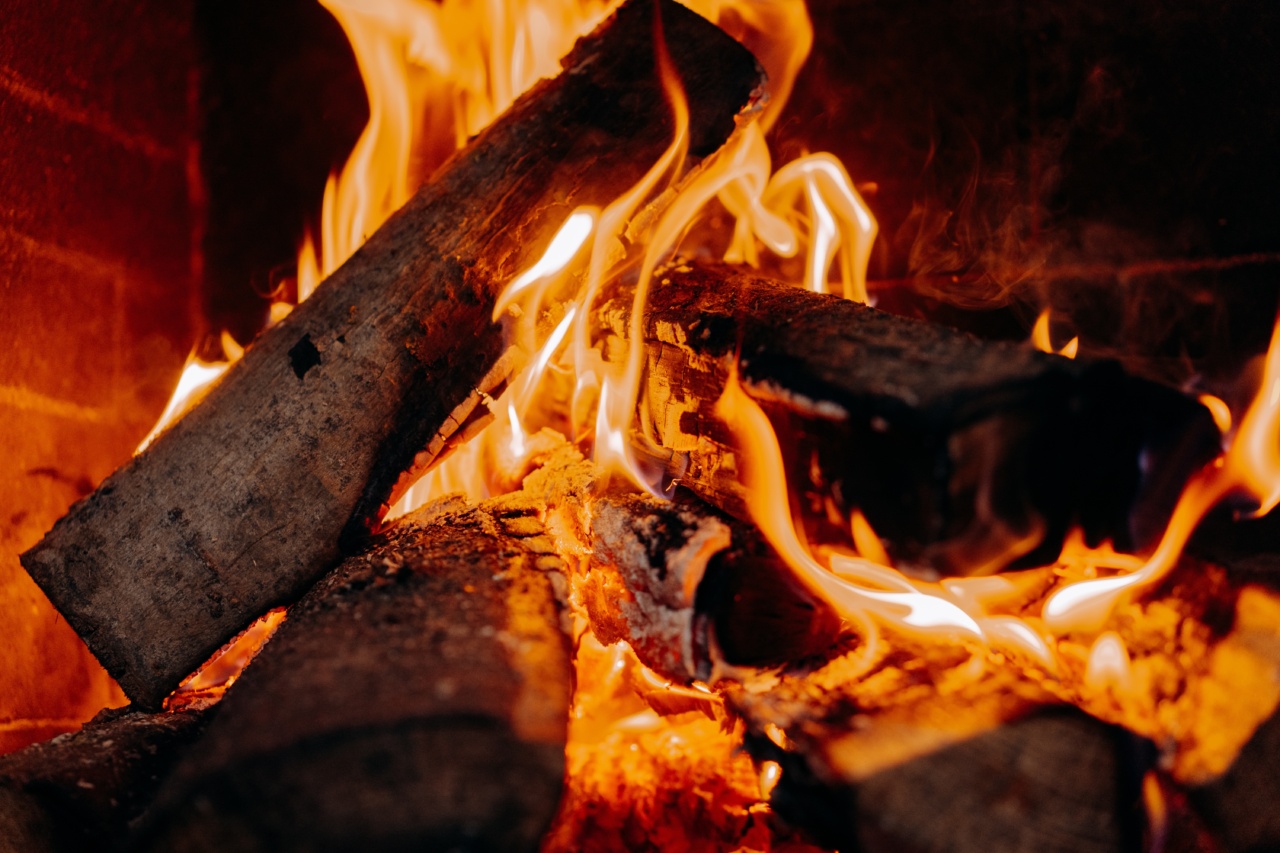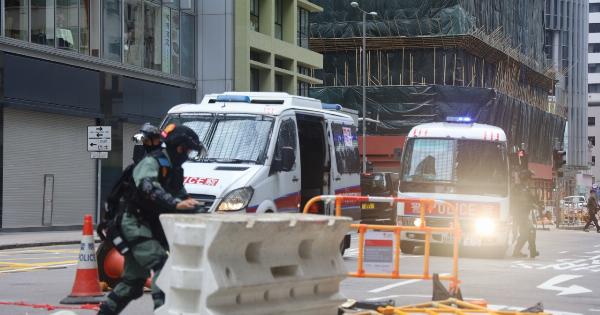Heating systems play a crucial role in keeping our homes warm and cozy during the colder months of the year.
However, it is important to keep an eye out for signs of danger in heating systems as they can pose serious risks to your health and safety if not addressed promptly. In this article, we will discuss some of the common signs of danger in heating systems and what steps you can take to address them.
1. Strange Odors
If you notice a strange or unusual odor coming from your heating system, it could be a sign of a gas leak or a problem with the furnace. If you smell gas, shut off the gas supply to your home immediately and evacuate the building.
Contact a licensed professional to assess and repair the issue.
2. Carbon Monoxide Poisoning
Carbon monoxide is an odorless, colorless gas that can be lethal in high concentrations. Symptoms of carbon monoxide poisoning include headache, nausea, dizziness, and confusion.
If you suspect a carbon monoxide leak, evacuate your home and seek emergency medical attention. Install carbon monoxide detectors in your home and have your heating system inspected regularly to prevent leaks.
3. Excessive Dust and Debris
If your heating system is producing excessive amounts of dust and debris, it could be a sign of a clogged or dirty filter. Replace the air filter in your heating system regularly to prevent the buildup of dust and other particles.
If your system continues to produce excessive amounts of dust, it may be time to have it professionally cleaned.
4. Strange Noises
Unusual or loud noises coming from your heating system could indicate a mechanical problem. Grinding, scraping, or whistling sounds may indicate a malfunctioning fan or motor.
Have a licensed professional inspect and repair the issue to prevent further damage to your heating system.
5. Uneven Heating
If your home is experiencing uneven heating, it could be a sign of a blockage or leak in your heating system. Inspect your ductwork for leaks and ensure that all vents and registers are clean and unobstructed.
If the issue persists, contact a licensed professional to diagnose and repair the issue.
6. High Energy Bills
If your energy bills have been steadily increasing without explanation, it could be a sign of a heating system that is working harder than it should.
Have your system inspected by a licensed professional to identify any inefficiencies and make necessary repairs. Regular maintenance can also help to improve the efficiency of your heating system and reduce energy costs.
7. Pilot Light Problems
If your heating system uses a pilot light, it is important to keep an eye out for issues. A constantly flickering or yellow pilot light may indicate a problem with the gas pressure or burner.
If the pilot light goes out frequently, there may be a problem with the thermocouple. Have your heating system inspected by a licensed professional to diagnose and repair any problems with the pilot light.
8. Age of System
If your heating system is over 10 years old, it may be time to consider a replacement. Older heating systems are more prone to breakdowns and can be less efficient than newer models.
Upgrading to a newer, more efficient model can save you money on energy costs and reduce the risk of system failure.
9. Improper Installation
If your heating system was not installed properly, it can pose a safety risk to you and your family. Improper installation can lead to leaks, gas buildup, and other problems that can cause serious harm.
If you suspect that your heating system was not installed correctly, contact a licensed professional to inspect and repair any issues.
10. Lack of Maintenance
Regular maintenance is essential to ensure that your heating system is running properly and efficiently. Skipping annual inspections and maintenance can lead to breakdowns, inefficiencies, and safety risks.
Schedule regular maintenance with a licensed professional to keep your heating system in top condition.
Conclusion:.
In conclusion, it is important to keep an eye out for signs of danger in your heating system to prevent safety risks and costly breakdowns.
Regular maintenance, proper installation, and prompt repairs can help to ensure that your heating system is running smoothly and efficiently.































